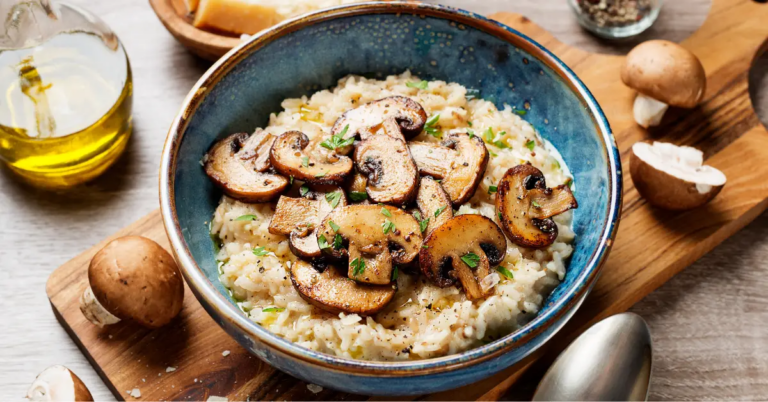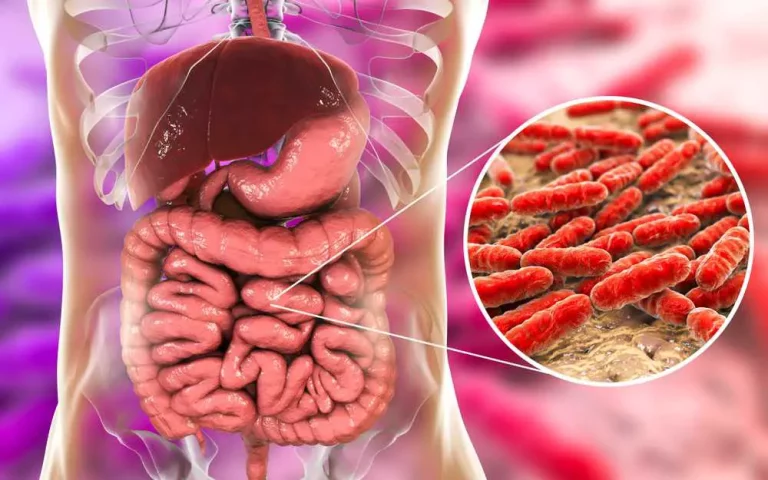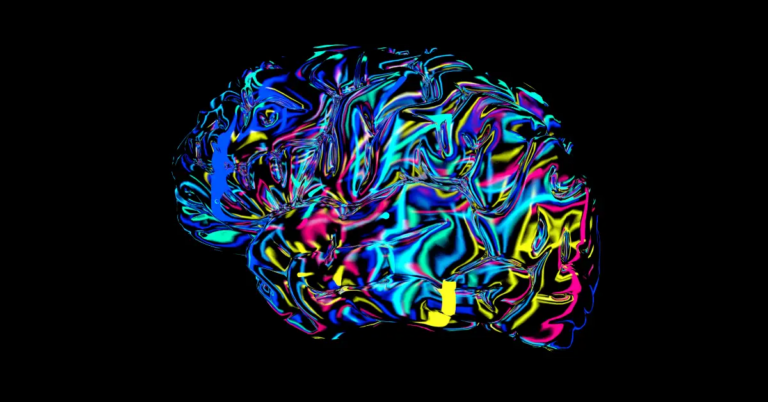Upon birth, Donielle’s beautiful baby girl went through a six hour operation, where her twisted intestines were removed, leaving her with a condition called short bowel syndrome. Unable to digest regular food, Mackenzie receives food nutrients via IV fluids 12 hours per day through a broviac catheter in her chest. Mackenzie, now 4 years old, has undergone 11 surgeries and been hospitalized over 35 times because the IV line can get infected, leaving her sick with a very high temperature. With the help of Dr. Nandi Charities, Donielle was able to receive some relief.

About the author
Partha Nandi M.D., F.A.C.P. is the creator and host of the internationally syndicated medical lifestyle television show, Ask Dr. Nandi.
A practicing physician and a renowned international speaker, his appearances include TEDx, college commencements, numerous charity functions, premier medical meetings such as Digestive Disease Week, and nationally syndicated television programs such as The Katie Couric Show.
Dr. Nandi has partnered with the Ministry of Health in multiple countries, including Jamaica and India, and has collaborated with The World Health Organization in multiple areas throughout the globe, Dr. Nandi delivers passionate and inspiring talks to diverse audiences.
He continues to travel internationally for conferences and symposia, meeting with global health leaders on his quest to improve health care quality, access, and to empower people across the world “To Be Your Own Health Hero.”
DrNandi@AskDrNandi.com
Similar Posts

Eating More Mushrooms May Be Good for Your Gut Health
Superfoods like açaí, blueberries, and spirulina get a lot of time in the wellness spotlight, thanks to their vibrant color and photogenic qualities. But what about plain-looking superfoods like mushrooms? Mushrooms never seem to get their share of acclaim, which is unfair, considering they are loaded with nutrients. These savory, edible fungi are: Phosphorus, selenium,…

Shield Your Health: Avoid the Worst Foods for Gut Health and Combat Disease
Beneath the surface of our daily lives, an intricate and powerful system operates quietly within us, holding the keys to our overall health. This system, a bustling community of microorganisms, is more influential than we might imagine. These tiny warriors, residing in our gut, are not just passive inhabitants but active defenders, trainers, and producers,…

Scientists Found The Cause Of Alzheimer’s Disease Progression
There are approximately 50 million people worldwide with dementia, a condition that causes a continual decline in mental and social skills. While there are different conditions that can cause dementia, between 60-70% of these dementia cases throughout the world are caused by Alzheimer’s disease. In fact, 5.8 million people over 65 in the United States…
Peanut Butter Side Effects: The Good, The Bad, and The Healthy Alternatives
Peanut butter is a favorite for many, known for its rich flavor and versatility in meals. However, there’s more to it than meets the eye, including additives and environmental impacts that could affect our health. This article takes a closer look at what’s really in your peanut butter and how it impacts your well-being, helping…

Decoding the Breast Cancer Gap: Why Japan Has 375% Lower Diagnosis Rates Than the US
Breast cancer continues to be a major health challenge worldwide, but its incidence notably differs across countries. This variation is starkly evident when comparing Japan and the United States. In the US, 1 out of every 8 women will be diagnosed with breast cancer in their lifetime. In contrast, the rate is significantly lower in…

10 things a nutritionist eats to balance their hormones
What you eat affects your hormones and moods. Hormones are important in controlling all our body’s activities, including growth, metabolism, stress regulation, sleep cycles, digestion, and reproduction. (2) The Relationship of Diet and Hormones Inside our bodies are trillions of microorganisms (also called microbiota or microbes) of thousands species. These include not only bacteria but…












